104 countries impose excise taxes on sugary drinks
According to data from the World Bank, the number of countries imposing excise taxes on sugary drinks has increased rapidly over the past 15 years, from 35 countries (in 2009) to 104 countries (in 2023), including 6 countries in Southeast Asia, including: Thailand, Philippines, Malaysia, Laos, Cambodia and Brunei.
Carbonated soft drinks and energy drinks are the two most commonly taxed product groups, with countries applying tariffs of 97.1 and 99.0%, respectively.
There are 13 countries that have a common starting sugar tax level for all drinks or that tax popular drinks (such as carbonated soft drinks).
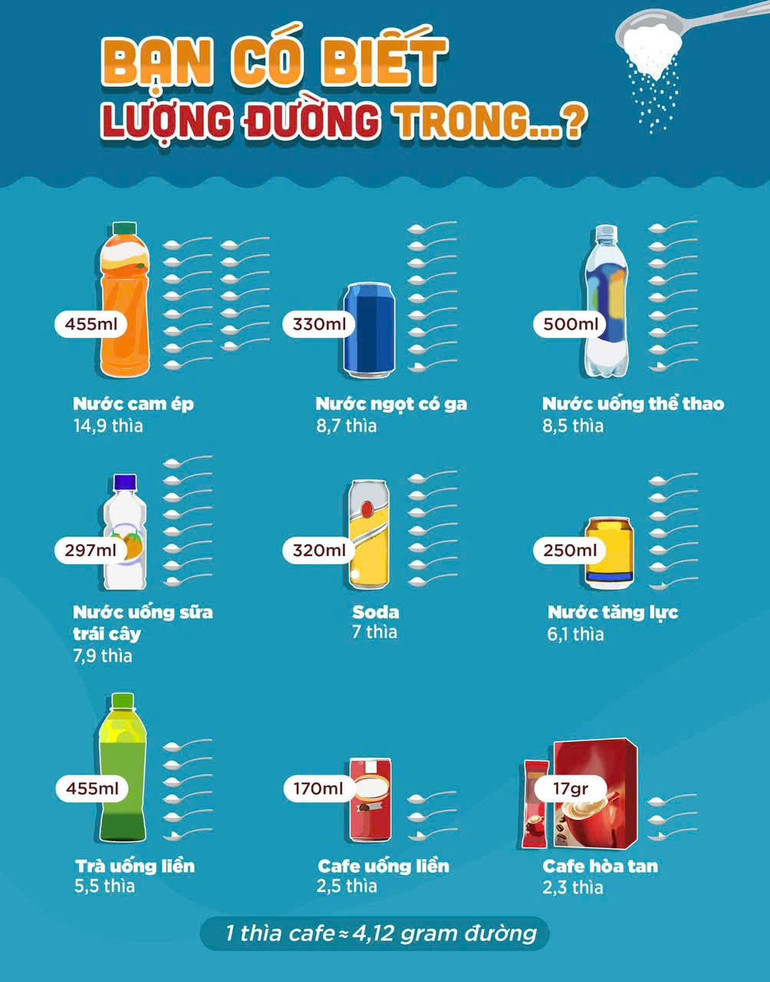
According to Dr. Angela Pratt, Chief Representative of the World Health Organization in Vietnam, of the 104 countries imposing excise tax on sugary drinks, 51 countries (accounting for 49%) apply the absolute tax calculation method, 41 countries (accounting for 39.4%) apply the proportional tax calculation method; 12 countries (11.5%) apply the mixed tax calculation method.
Of the 104 countries, 44 apply the same tax rate to all taxable sugary drinks; 60 countries (56.7%) apply different tax rates, depending on the characteristics of the drink.
In the region, 3 countries apply the absolute tax method (Brunei, Philippines and Malaysia), 2 countries apply the proportional tax (Cambodia and Laos) and Thailand is the country that applies the mixed tax method.
Vietnam cannot delay
Consumption of sugary soft drinks is increasing alarmingly in Vietnam, with total annual consumption doubling in the last decade (2013-2023), from 3.44 billion liters to 6.67 billion liters, posing many potential risks to public health.
According to Dr. Nguyen Tuan Lam, World Health Organization in Vietnam, sugary soft drinks, regardless of whether they are sweetened with sugar or artificial sweeteners, stimulate cravings for sweet, carbohydrate-rich foods and increase hunger, reduce the threshold of satiety, causing addiction to sweets.
Therefore, according to this doctor's recommendation, Vietnam needs to impose special consumption tax to adjust consumer behavior as soon as possible, especially among young people. This expert believes that imposing special consumption tax on sugary drinks is a common trend of the times, very popular globally and in the ASEAN region. Therefore, Vietnam cannot be slow to integrate.
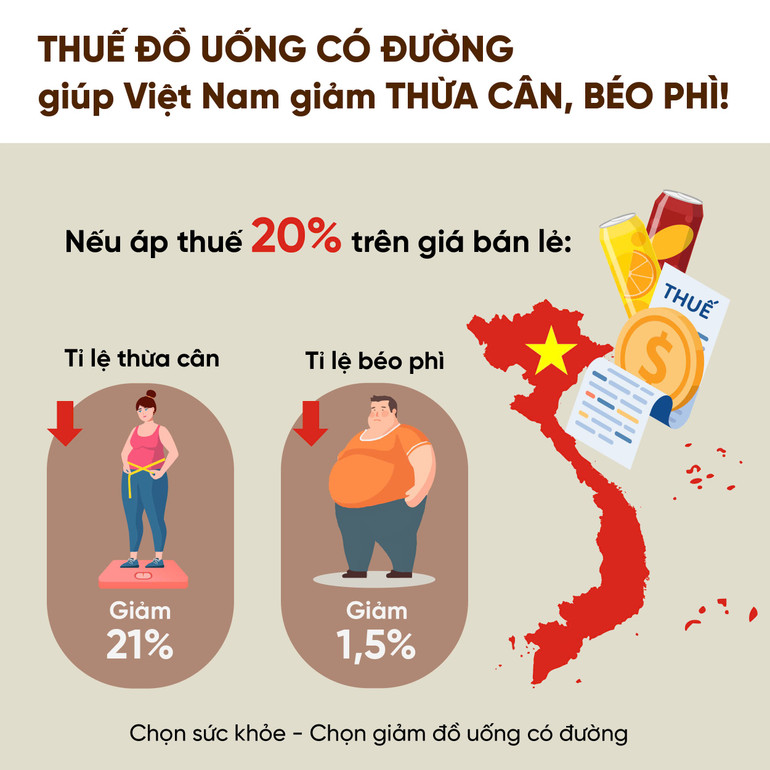
Mr. Le Hoang Anh, National Assembly Delegate of Gia Lai province, said that the tax rate plan for sugary soft drinks according to Vietnamese standards with sugar content over 5 grams/100 ml of 8% and 10% postponed until 2027 and 2028 is too slow and too low, not the right point of view.
According to Mr. Le Hoang Anh, Thailand imposed the tax in 2017, and immediately after the imposition, the consumption tax was reduced and controlled. The Philippines and Malaysia collected billions of dollars from this tax, but more importantly, they reduced the rate of disease. Brunei and Timor Leste, small countries, still dare to act more strongly than us.
If we do not act today, tomorrow we will pay the price with our health budget, with our labor productivity and with the lives of our people.
“I propose not to reduce the tax rate to 8% but to keep it at 10% from 2026 and 20% from 2030, and at the same time add an absolute tax based on sugar content like the model applied by Thailand,” said Mr. Le Hoang Anh.
WHO recommends that Vietnam should develop a roadmap for special consumption tax rates on sugary drinks so that by 2030 the tax rate will reach 20% of the retail price (equivalent to a special consumption tax rate of 40% at the factory price in Vietnam). This is a strong enough tax rate to effectively protect health as recommended by WHO.
At the same time, it is necessary to take into account the sugar content when building tax rates to create a price difference between low-sugar drinks and high-sugar drinks, creating incentives for businesses to reduce the amount of sugar in drinks, providing the market with a variety of products with less sugar or no sugar, maintaining sales, and minimizing the impact of the policy on businesses.
Source: https://nhandan.vn/viet-nam-di-cham-so-voi-nhieu-quoc-gia-trong-ap-thue-voi-do-uong-co-duong-post885735.html


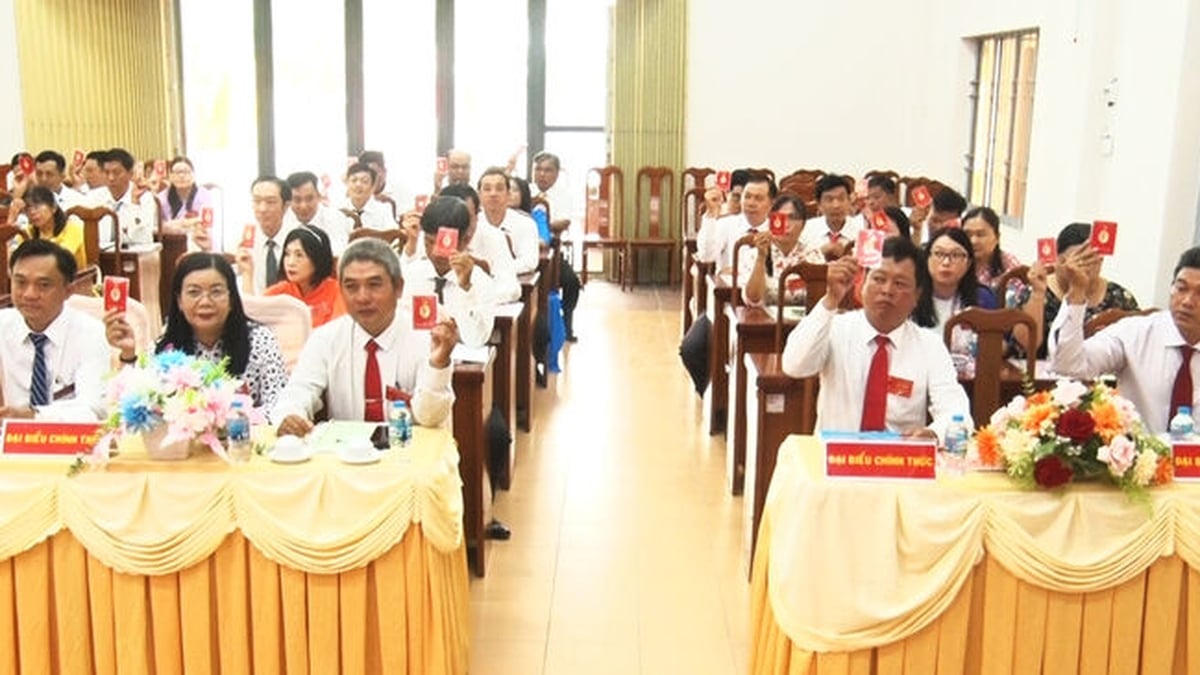


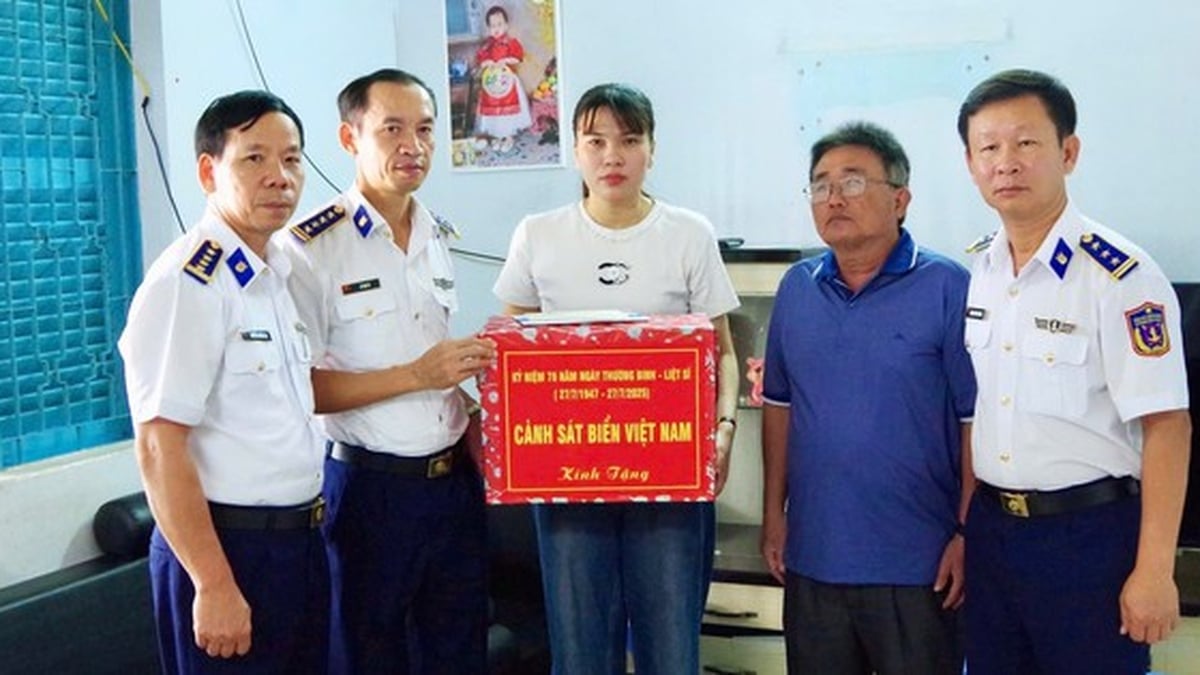


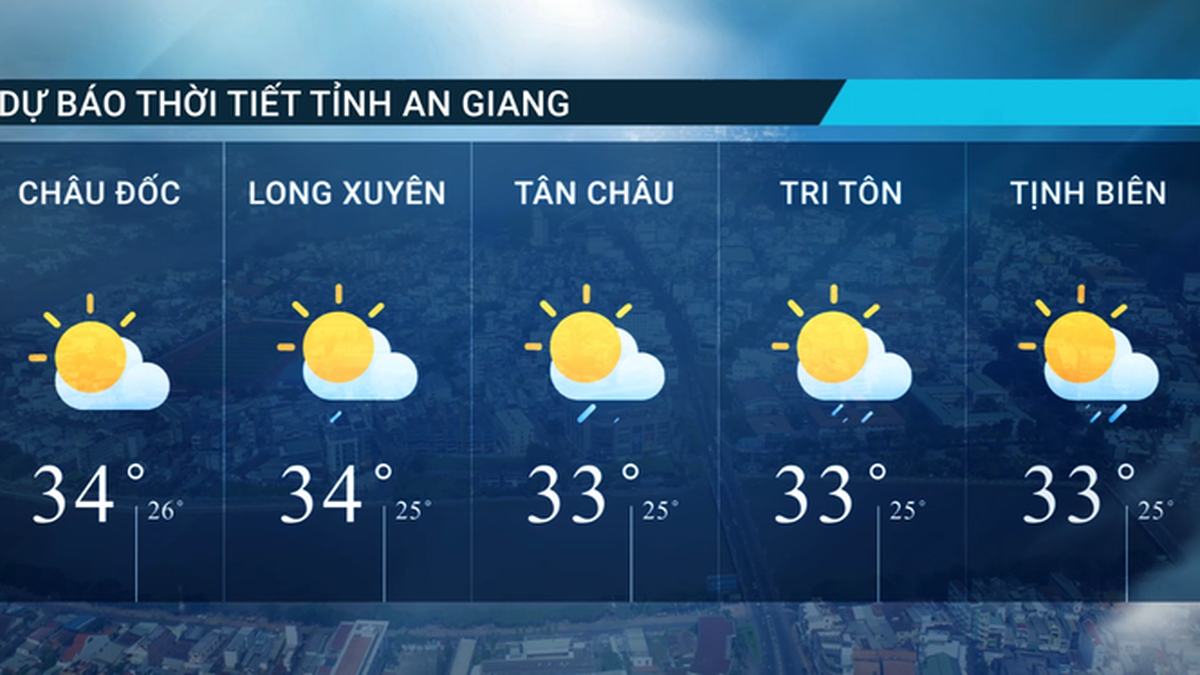























































































Comment (0)